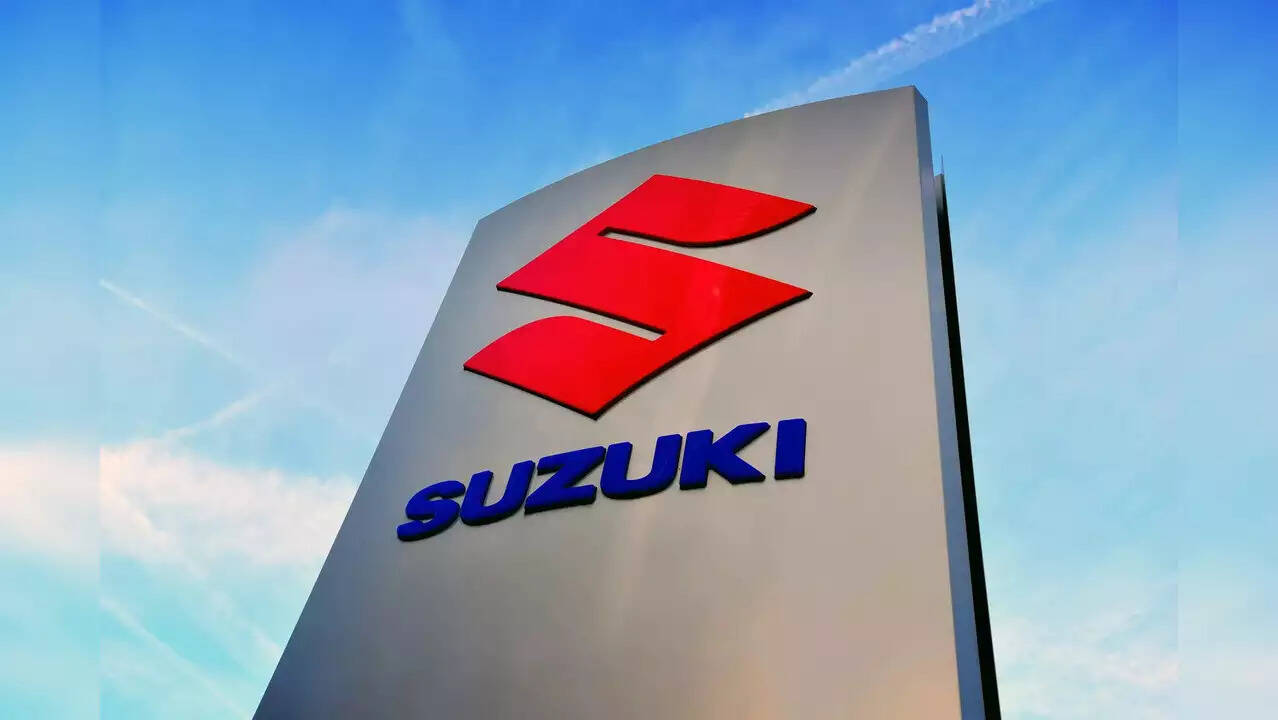
Citing a shortage of inventory level following a restriction on the import of auto parts, Pak Sukuzi Motor Company (PSMC) on Monday announced that its production plants will be closed completely from January 2 to 6, reported Geo News.
Earlier this month, Indus Motor Company (IMC), the assembler of Toyota-brand automobiles in Pakistan, also announced that it will completely shut down its production plant from December 20 to December 30, citing its struggle with delays pertaining to approval for imports.
Last month, officials of IMC, in a corporate briefing session, said import restrictions imposed by the central bank and ongoing rupee depreciation are denting the country’s auto sector.
PSMC, in a notice sent to the Pakistan Stock Exchange (PSX), said the State Bank of Pakistan (SBP) has introduced a mechanism for prior approval for import under “HS code 8703 category (including completely knocked down – CKDs) vide circular No.09 of 2022 dated May 20, 2022,” reported Geo News.
“Restrictions had adversely impacted clearance of import consignment which resultantly affected the inventory levels. Therefore, due to shortage of inventory level, the management of the company has decided to shut down its plant for the automobile as well as a motorcycle for the period from January 2 to January 6, 2023,” the PMSC said.
The PSMC is engaged in the assembling, progressive manufacturing and marketing of Suzuki cars, pickups, vans, 4x4s and motorcycles and related spare parts.
Pakistan’s auto industry, which is heavily dependent on imports, has been caught in the midst of an exchange-rate crisis, as the SBP, after unabated rupee depreciation, imposed restrictions on the opening of Letters of Credit (LCs), reported Geo News.
On Friday, the management of Baluchistan Wheels Limited (BWHL) announced that it will prolong its closure of production activities till December 30 due to depressed demand for autos in the market.
Moreover, Millat Tractors Limited also announced the closure of its production on Fridays citing a decline in demand for tractors in the country, reported Geo News.
The auto industry is bearing the burden of escalating production costs on account of rupee depreciation, while demand has declined due to the economic downturn amid high-interest rates and augmented duties and taxes on vehicles.
Economic experts have attributed the development to very high auto prices, which has crashed demand. They say that until import restrictions are eased and energy shortages are dealt with, the situation would only deteriorate.
Also Read:

